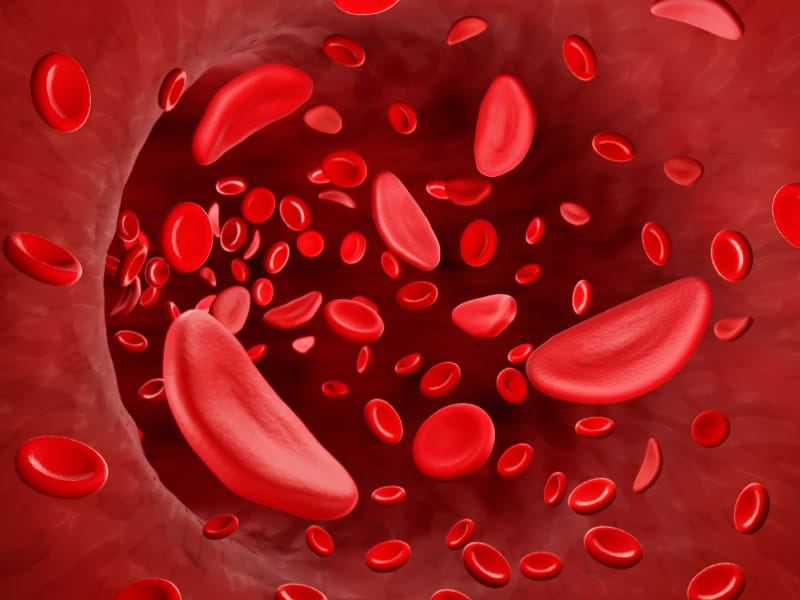
Bone marrow transplant may protect blood vessels in the brains of adults with sickle cell disease
Feb 6, 2023
Sickle cell disease, a blood disorder, puts adults at high risk for stroke. Bone marrow transplants could lessen or reverse blood vessel damage in their brains, new research suggests.








